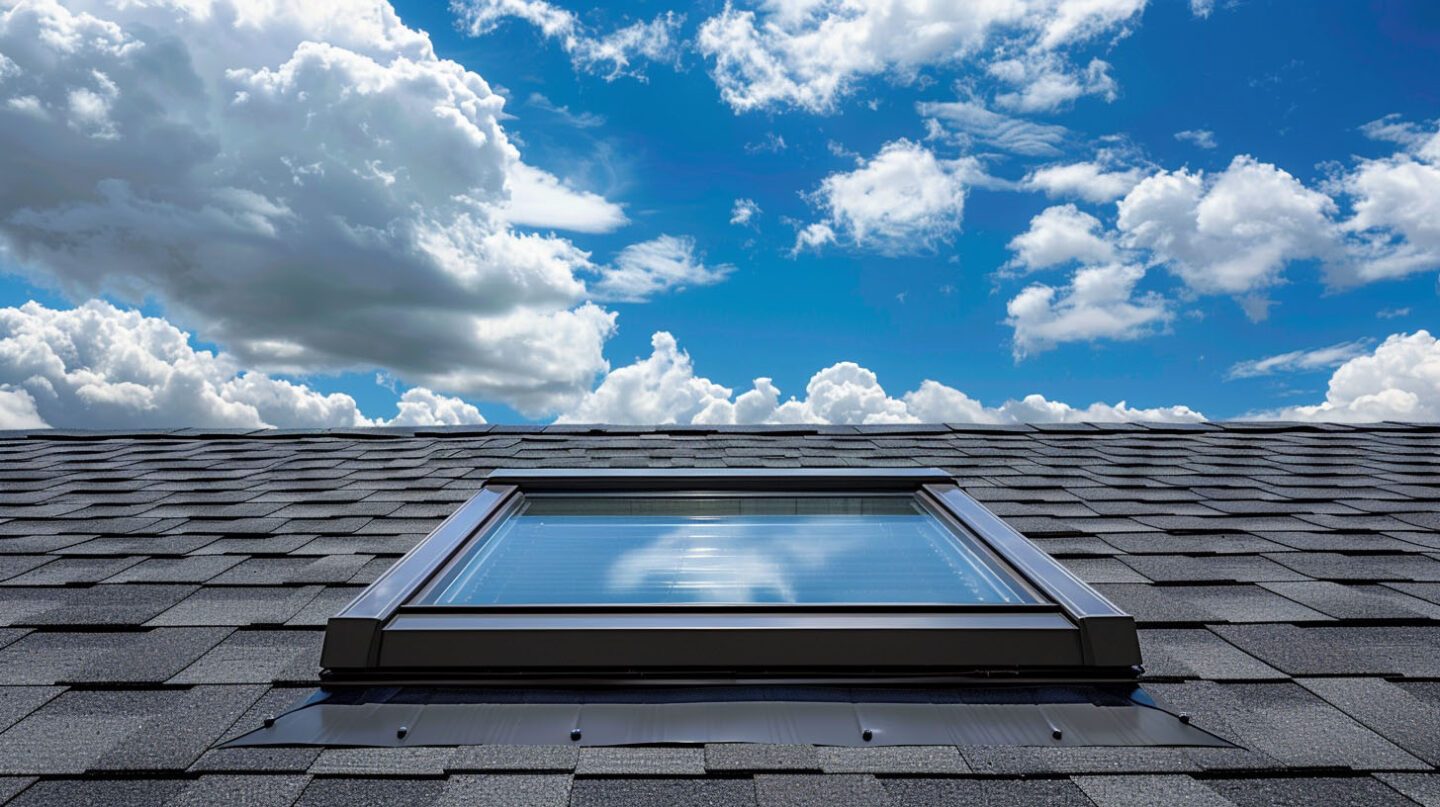When your roof suffers minor damage, getting a quick spot repair seems like the easiest solution. But have you ever considered how that small fix might affect your entire roof’s warranty coverage down the road? The repair lifecycle of your roof is more complex than you might think. At The Shingle Master, we understand the connection between a simple repair process and your long-term protection. Our team is dedicated to providing you with the knowledge and expertise you need to navigate this process in Cary, NC. This guide will walk you through how spot repairs can impact future warranty claims, helping you make informed decisions to protect your home.
Understanding the Repair Lifecycle in Roofing
The repair lifecycle in roofing is a critical framework that determines how repairs are executed and their long-term implications. Spot repairs, while addressing specific issues, may not encompass the broader picture, potentially affecting warranty claims and coverage. Understanding this lifecycle involves recognizing different types of warranties and the nuances in repair procedures, including the warranty period, which can significantly impact future repairs. Maintaining detailed records of repairs and employing certified technicians ensures compliance with industry standards, providing property owners with the necessary peace of mind regarding protection.
What Is a Spot Repair?
A spot repair refers to addressing specific damaged areas of a roof without replacing the entire roofing system. This targeted approach can efficiently resolve localized issues, potentially extending the lifespan of the roof while minimizing costs compared to full repairs.
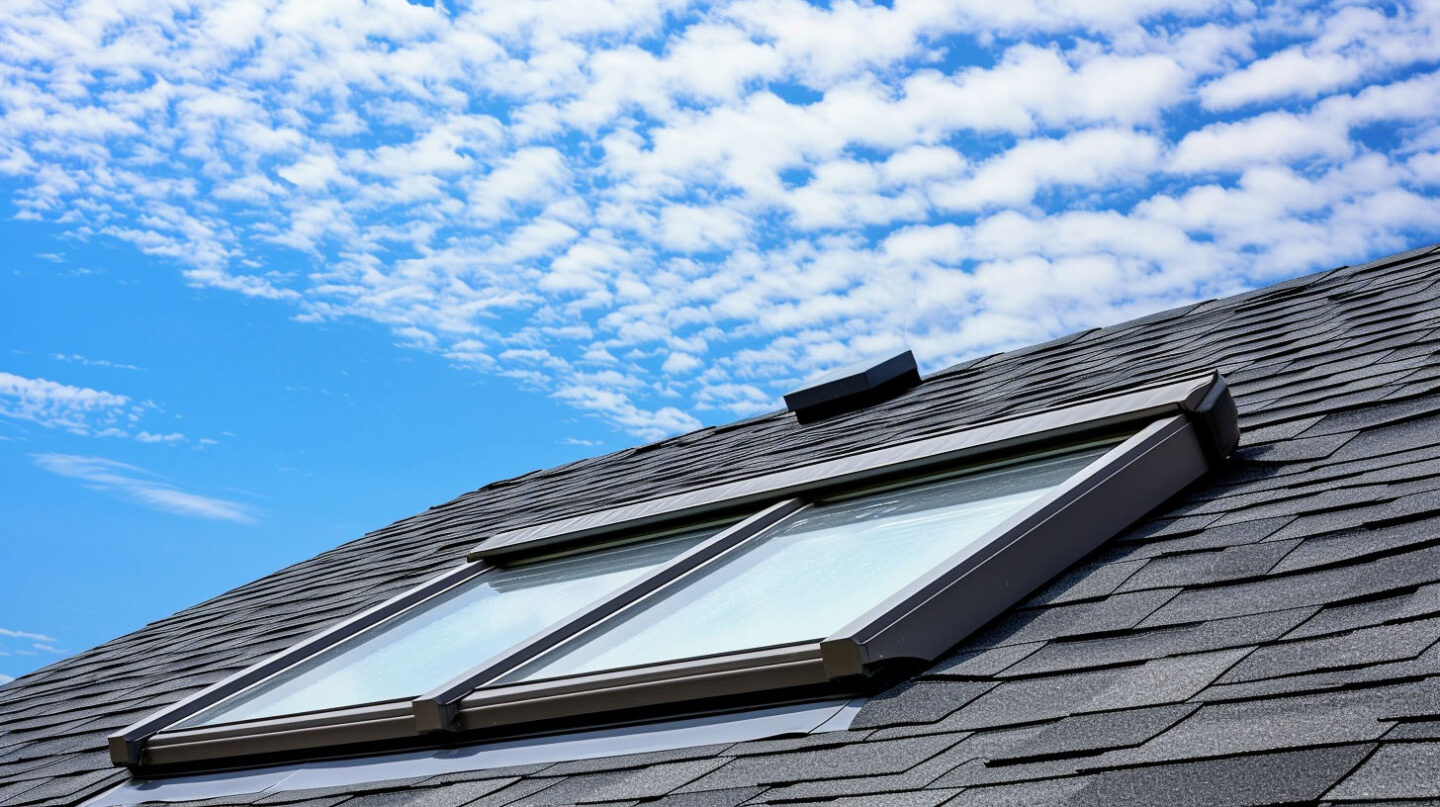
Full Roof Repairs vs. Spot Repairs
Full roof repairs and spot repairs serve different purposes in maintaining roofing integrity. Spot repairs are typically more cost-effective and address localized damage without impacting the entire structure, making them suitable for minor issues. However, full roof repairs provide comprehensive coverage and may enhance structural reliability, especially for older roofs or extensive damage, including concerns arising from normal wear. Understanding the nuances of these repair types is crucial, as opting for one over the other can affect future claims, long-term maintenance schedules, and overall roof longevity.
When Is a Spot Repair Recommended?
Spot repairs are typically recommended when minor damage occurs that doesn’t compromise the entire roofing system. They are ideal for addressing localized issues, such as small leaks or isolated wear, without incurring the higher costs associated with a full roof replacement.
The Role of Warranties in Roofing Services
Serve as a crucial safety net for property owners, offering peace of mind regarding the quality of roofing repairs and dent repairs. Various types of warranties exist, including lifetime warranties and those covering specific repairs at no extra charge. Understanding the terms of your warranty is essential, as unauthorized modifications can void coverage. Detailed records of repair work and the claims process become vital to ensuring your remains intact, particularly after structural repairs or spot repairs. Knowing the fine print can help navigate potential unexpected costs and protect your investment long-term.
Types of Roofing Warranties
Various roofing provide different levels of protection for homeowners. These can include material warranties, which cover defects in roofing materials, and workmanship warranties, which ensure that the installation complies with industry standards. Additionally, lifetime warranties offer extensive protection against manufacturing defects. Understanding the differences between types is vital for maintaining your roof’s integrity and future claims. By carefully reviewing warranty terms, including coverage specifics and exclusions, homeowners can safeguard their investments and ensure quality repairs align with the stipulations of their warranties.
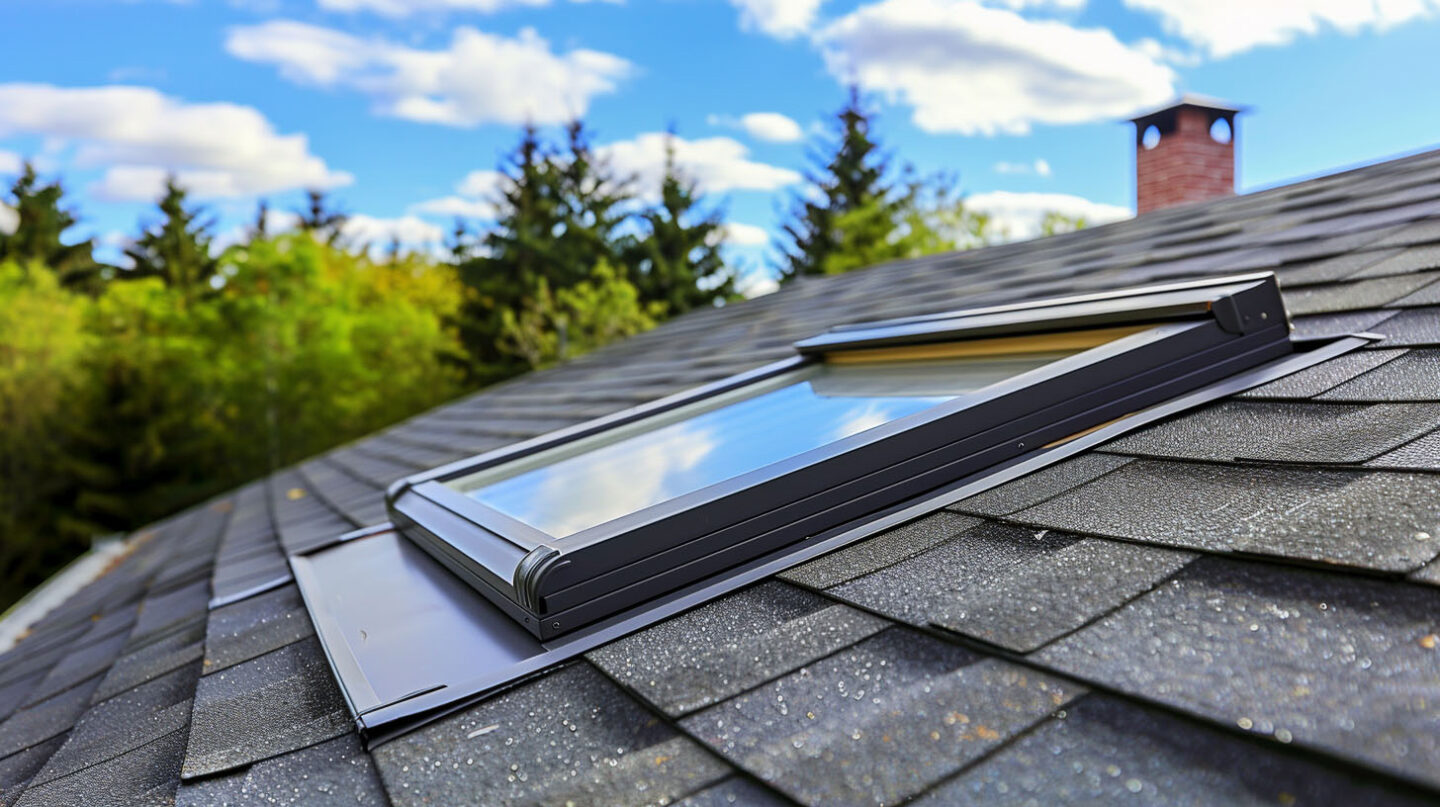
Factory Warranty vs. Contractor Warranty
Understanding the distinctions between factory warranty provided by the vehicle manufacturer and contractor warranty is crucial for homeowners. While a factory warranty typically covers defects in manufacturing, it often comes with specific limitations regarding repair processes and parts used. In contrast, contractor warranties may vary by provider but generally include coverage for labor and repair workmanship for a specified period. This knowledge helps homeowners navigate potential warranty claims and ensures adherence to industry standards, ultimately protecting them from unexpected costs and maintaining the integrity of their roofing alongside their investment.
Coverage Limits and Exclusions
Understanding the nuances of coverage limits and exclusions is essential for homeowners navigating their roofing warranty, including what warranty covers regarding various defects and the specific parts of the repair. Various types of warranties come with different terms, impacting how costs for repairs are managed. Common exclusions may involve damages caused by unauthorized modifications or lack of maintenance schedules, leading to potential pitfalls during the claims process. It’s crucial to review the fine print, ensuring that all repair work adheres to industry standards, as failure to comply can result in denial of coverage under the warranty provisions.
How Spot Repairs Can Impact Future Warranty Claims
Spot repairs present both advantages and challenges regarding future warranty claims. Opting for these targeted vehicle mechanical repairs may seem beneficial due to lower immediate costs, but they can inadvertently lead to unauthorized modifications that violate warranty terms. If a repair is not performed according to industry standards, it may jeopardize warranty protection, leaving car owners vulnerable during the claims process. Maintaining detailed records of all vehicle repairs is crucial, as it safeguards against unexpected costs and ensures that any future claims align with warranty coverage expectations.
Warranty Eligibility After Spot Repairs
Understanding warranty eligibility after spot repairs and the type of warranty is essential for maintaining protection. While spot repairs can address specific issues without needing a complete overhaul, they may influence warranty coverage. If not performed according to the terms of your warranty, these repairs could be classified as unauthorized modifications, potentially compromising future claims. Documenting the repair process with detailed records and ensuring compliance with industry standards is vital to safeguard against unexpected costs and reinforce warranty validity. Always consult your roofing contractor about how repairs might affect your warranty protection.
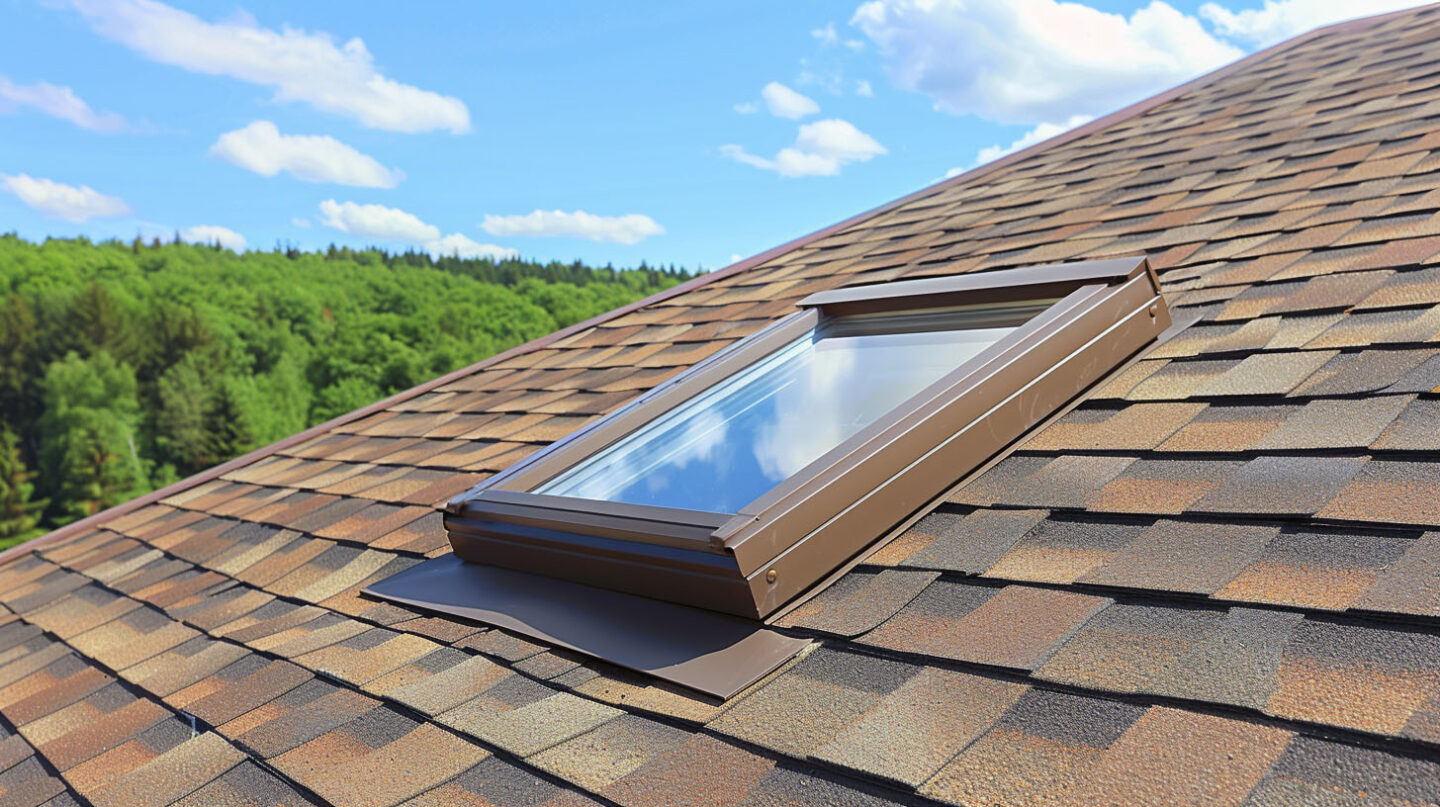
How Spot Repairs Are Documented for Claims
Thorough documentation plays a crucial role in the claims process for spot repairs. Detailed records should include photographs, repair invoices, and a breakdown of the work performed, as well as keeping thorough repair records. This information serves to provide transparency and supports any warranty claims filed. Adhering to industry standards, these documents help establish a clear history of repair procedures and showcase compliance with warranty terms. Such meticulous record-keeping not only aids in the claim process but also reinforces warranty protection for future repairs, offering peace of mind to vehicle owners.
Insurance Company Perspectives on Spot Repairs
Insurance companies often evaluate spot repairs through the lens of cost efficiency and risk management. By permitting only certified repair shops and following prescribed repair protocols, insurers seek to maintain warranty protection while mitigating potential liabilities. Detailed records of the repair process become essential, as they support the claims process should disputes arise in the future. Insurers may regard unauthorized modifications or inferior quality repairs as risks that jeopardize coverage, impacting not only a vehicle’s resale value but also its claims eligibility post-repair.
Best Practices for Spot Repairs to Protect Your Warranty
As a GAF Master Elite Contractor and Haag Certified Inspector, The Shingle Master is trained to perform repairs that uphold the highest standards and protect your investment. Below are some tips and questions to help you navigate the process and keep your warranty secure.
Choosing Between Spot and Full Repairs
Deciding between spot and full repairs often revolves around assessing the extent of damage and potential long-term impacts on warranty coverage. Spot repairs can address minor issues quickly, potentially saving costs and minimizing disruption. However, full repairs may provide a more comprehensive solution, ensuring all underlying problems are thoroughly addressed and adhering to industry standards.
Engaging certified technicians can offer the right information regarding the implications of both options, helping car owners feel confident in their choice while safeguarding future warranty claims.
Questions to Ask Your Roofing Contractor
Selecting a roofing contractor involves careful consideration of various factors. Inquire about their certifications and adherence to high standards of industry standards, as these directly impact warranty protection. Understanding their process for documentation, including how they maintain detailed records throughout repairs, is essential for future claims. Ask about the types of warranties offered and the implications of using aftermarket parts. Finally, clarify how they handle potential unauthorized modifications, as these could affect both the quality of repairs and long-term warranties.
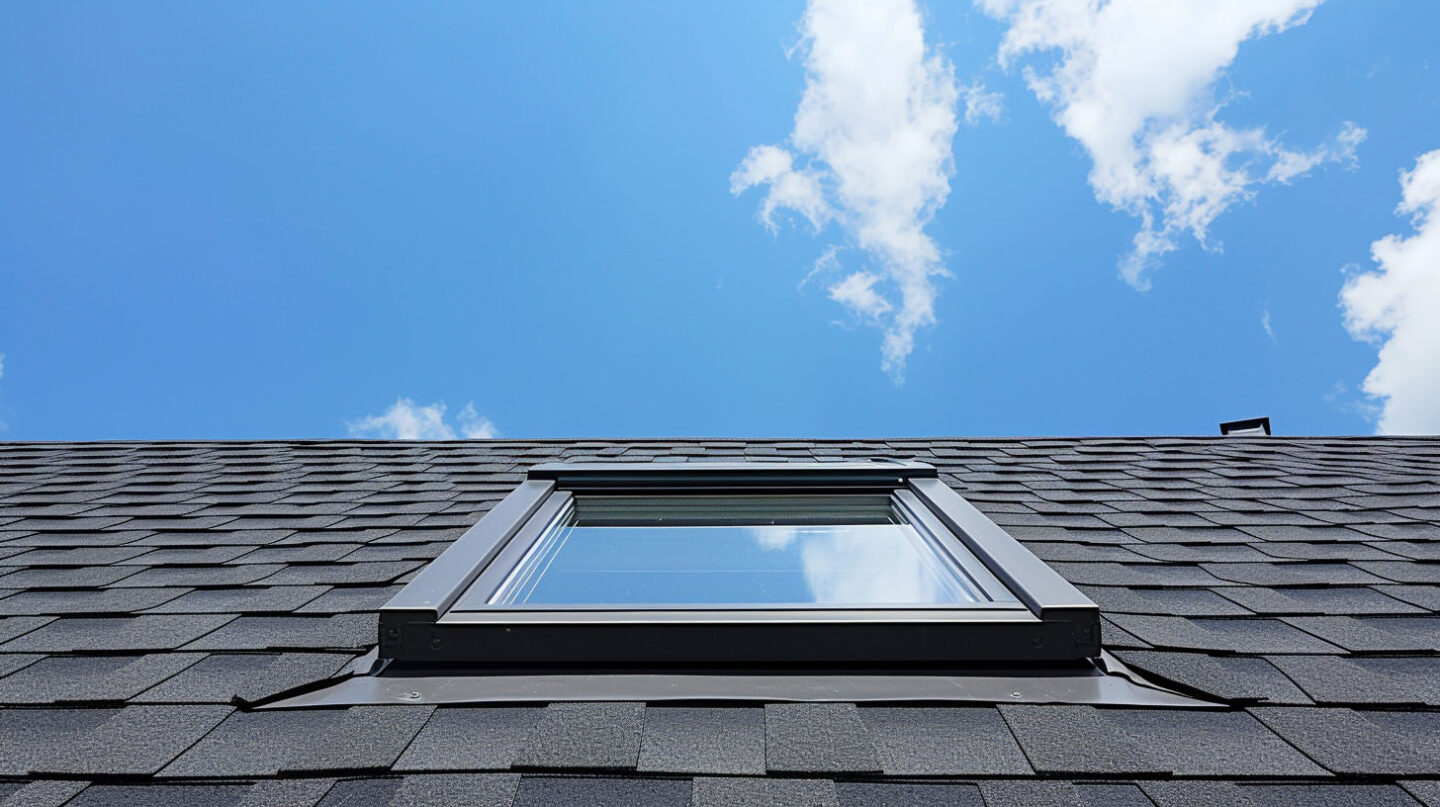
Importance of Certified and Licensed Repair Services
The assurance of quality in roof repairs is paramount, making certified and licensed services essential. These professionals adhere to industry standards, ensuring compliance with the terms of your warranty while executing repair procedures using quality parts. Utilizing certified technicians provides peace of mind, safeguarding against unexpected costs tied to unauthorized modifications. Detailed records of repairs performed at certified shops bolster future warranty claims, enhancing the overall longevity and performance of your roof. Choosing a licensed repair facility is not merely a choice—it’s an investment in durability and value.
What’s Next
Understanding the implications of spot repairs is essential for maintaining the integrity of your warranty. Quality assurance and adherence to the terms of your warranty can prevent disputes during future claims. Engaging certified technicians—such as those recognized with awards like GAF Master Elite Contractor, BBB A+, Haag Certified Inspector, and NC Licensed General Contractor—ensures that the repair process aligns with industry standards, thereby safeguarding your warranty coverage. By diligently keeping detailed records of repairs and communicating with your roofing contractor, who may be recognized as Raleigh’s Best Roofing Contractor by NHBA and the Raleigh Chamber of Commerce, you can foster a solid foundation for peace of mind in the event of future repairs. Ultimately, informed decisions now can enhance the longevity and reliability of your roof.
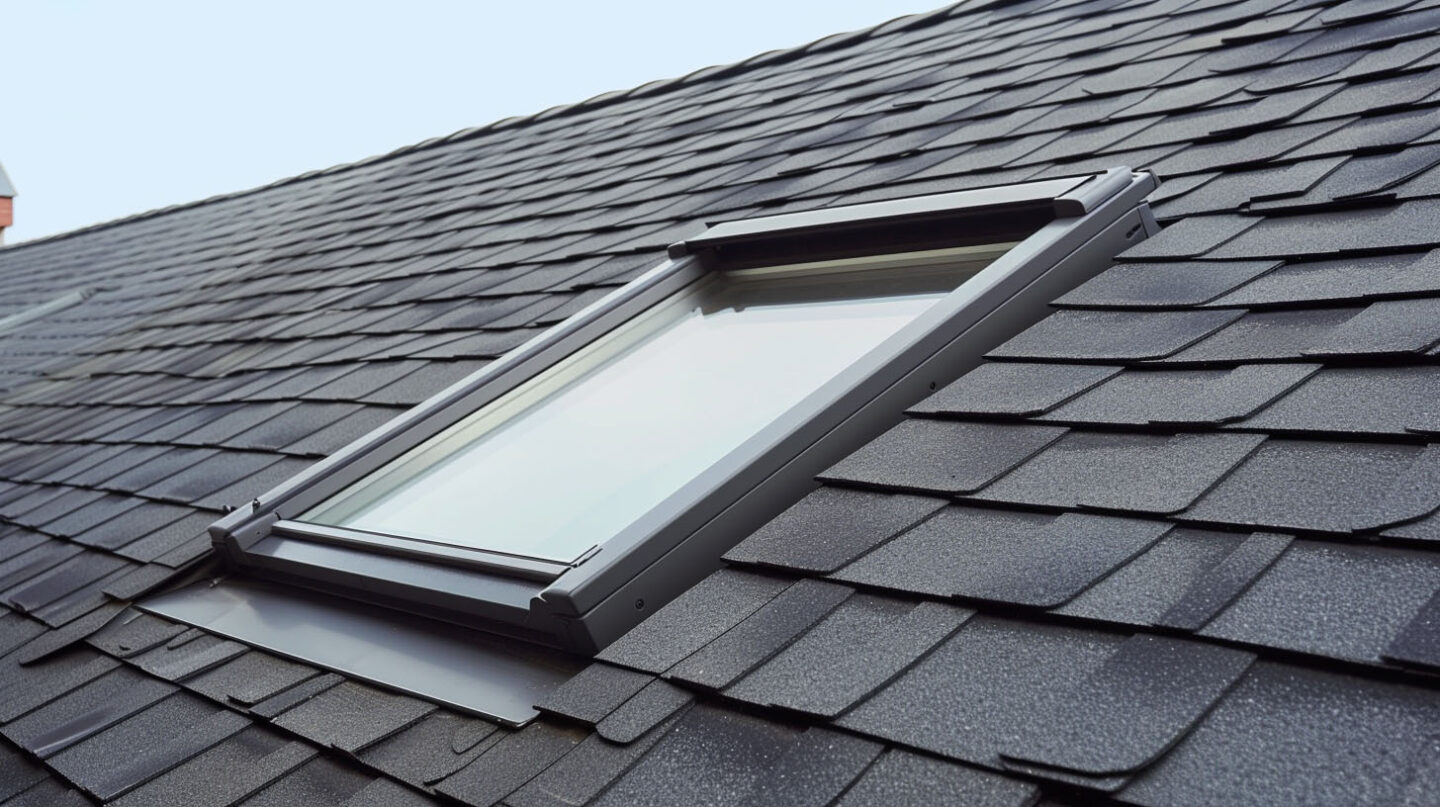
Frequently Asked Questions
What happens if a repair voids your warranty?
If improper repair work or unauthorized modifications void your warranty, the manufacturer is no longer obligated to cover failures in that area. You become financially responsible for any future repairs related to the faulty work, as you would not be able to file a successful warranty claim for that section.
How does insurance factor into collision repair warranties?
Insurance companies pay for repairs after an incident like a storm, providing financial relief, but they don’t manage your product warranty, including replacement parts. Your insurer may approve a claim, but it’s your responsibility to hire a contractor whose work upholds the warranty terms. The insurance claim and your warranty are separate forms of protection.
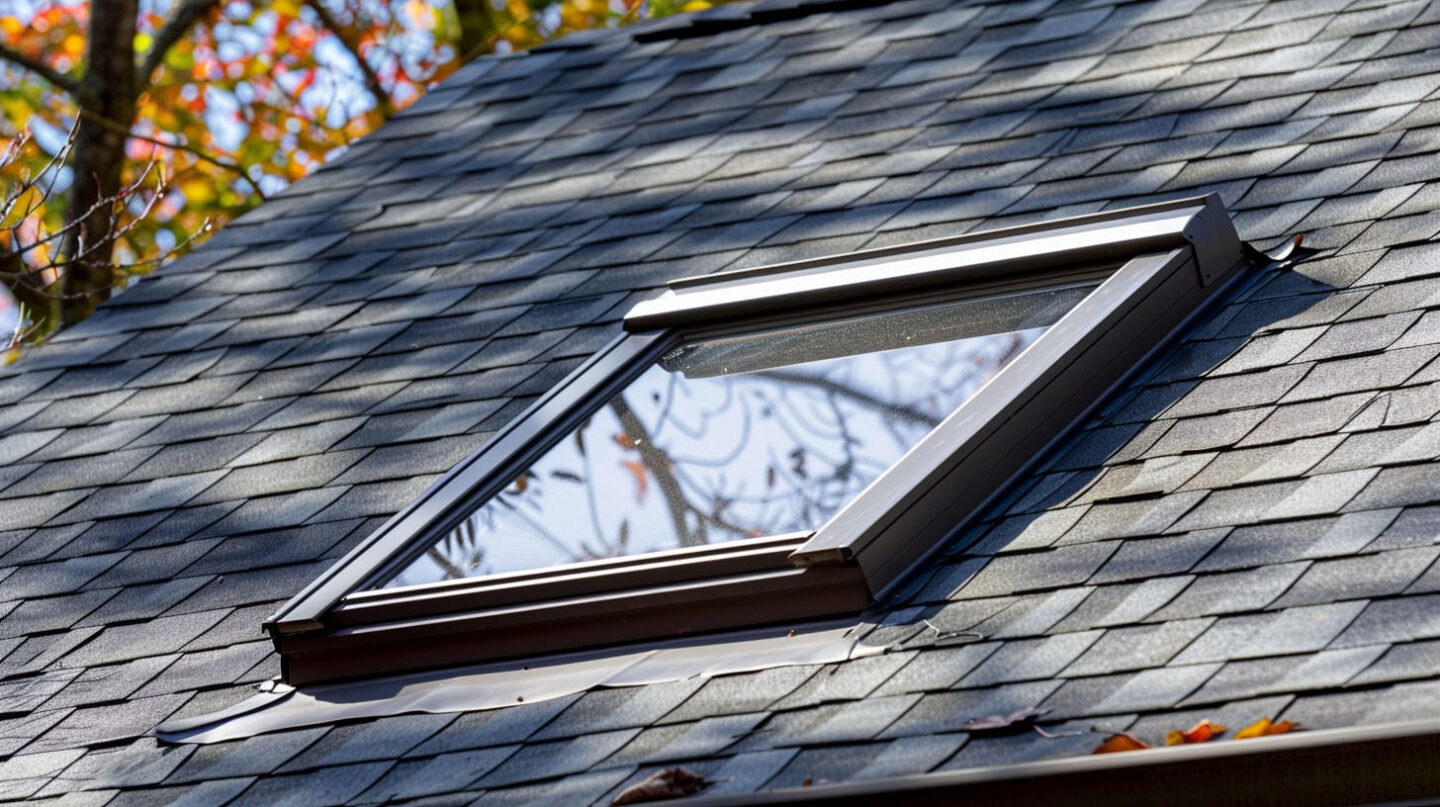
Why do collision repair warranties matter?
In roofing, warranties matter because they are a promise of quality repairs and materials. for the new owner. A solid warranty ensures that if a product fails or an installation error occurs, the issue will be fixed at no cost to you. It provides a critical safety net, giving you peace of mind.
Read our blog: Material Price Volatility: How to Lock Your Shingle Quote

